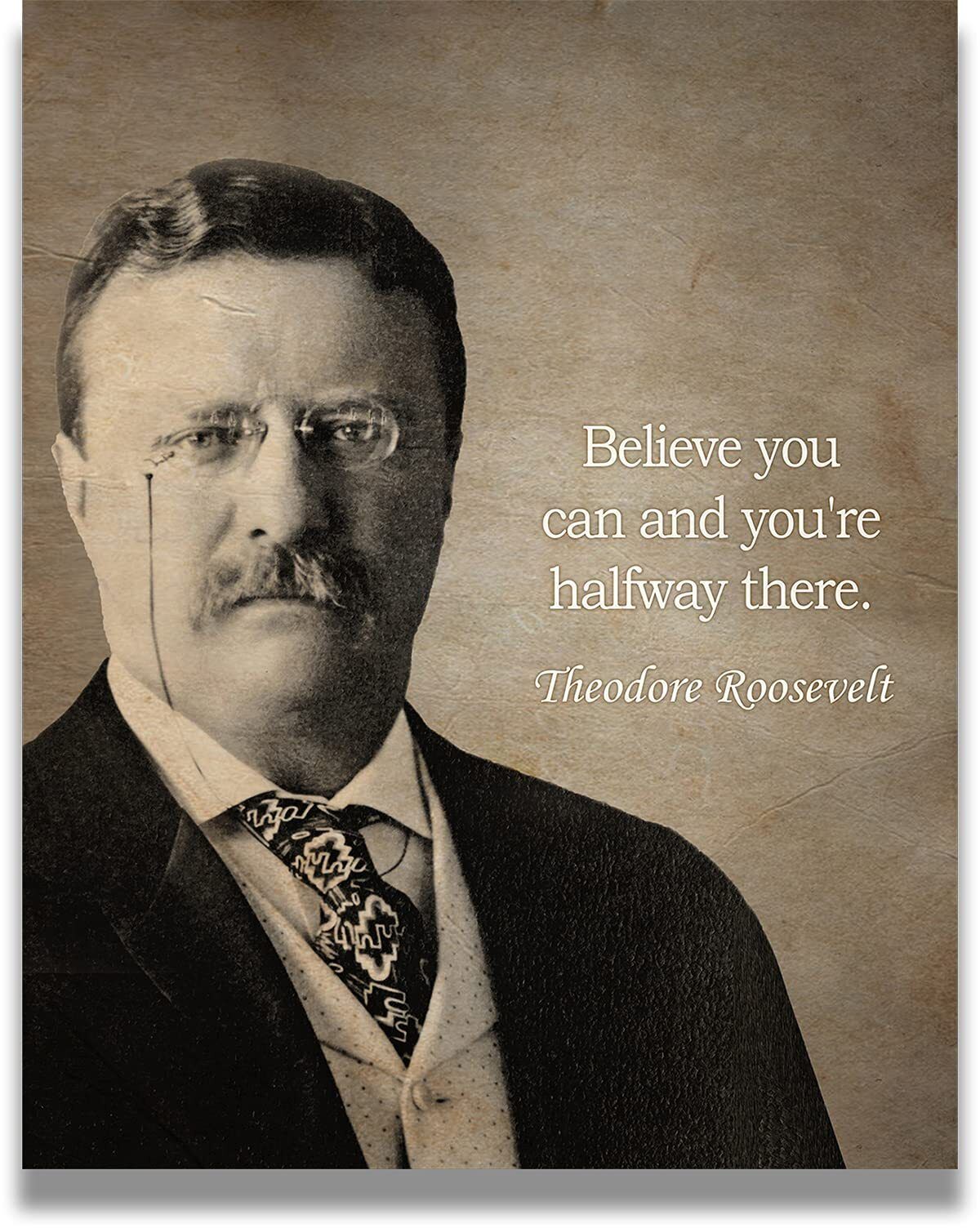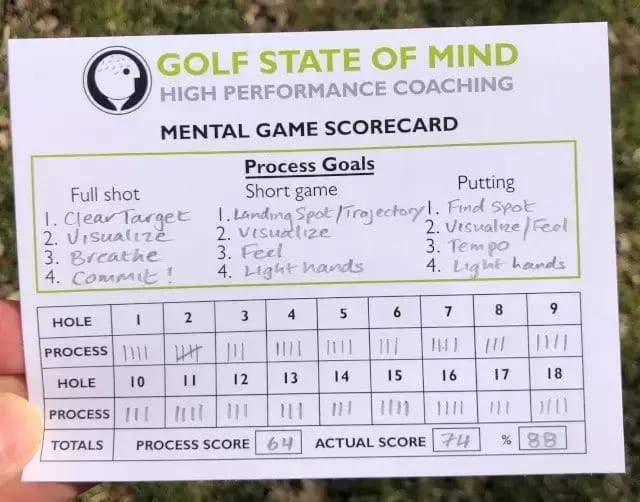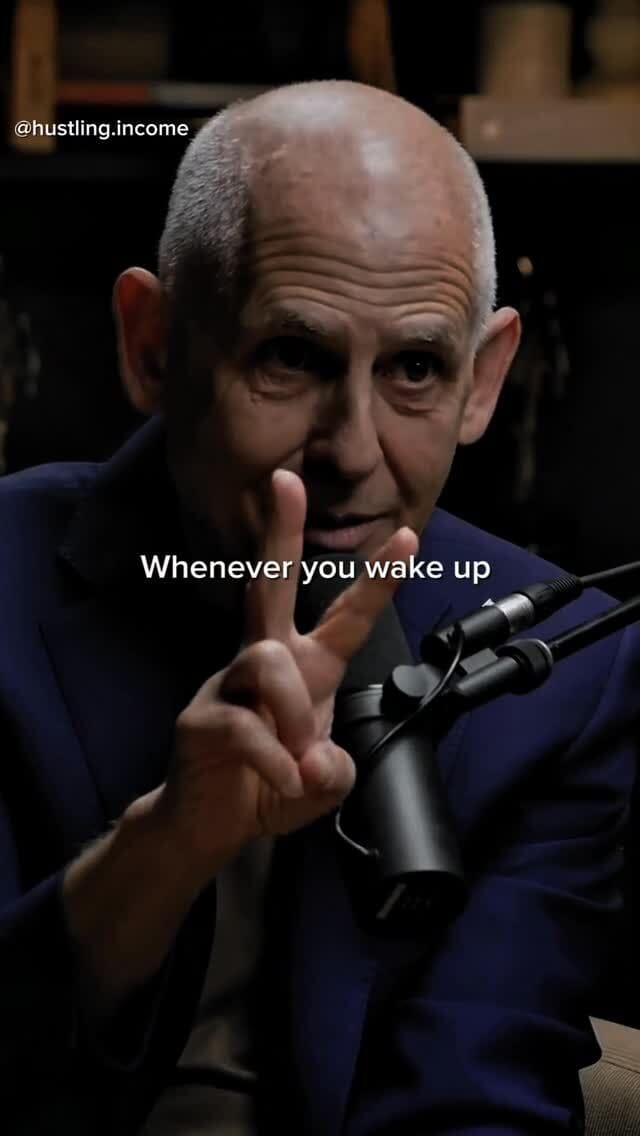
“Believe you can and you’re halfway there.” This quote from President Teddy Roosevelt couldn’t be more true in golf - we are all a product of what we believe ourselves to be, and talking down to yourself is only making you worse. We all have that one friend that can’t stop talking about how bad they are (before even teeing off)! “I’m awful off the tee” or “I just can’t make a putt” or the classic “I’ll never be good at this game”.
Let’s dive into a few different reasons why negative self talk is not just hard to hear; it’s more than likely making you WORSE!
Reason #1: Negativity Makes You Fearful Where You Shouldn’t Be
Scared money don’t make money!
I’ll paint the picture here: you walk up to the tee on a difficult par 4 - a pond on the left and a line of houses on the right, and the fairway is roughly 40 yards wide. Hitting this super narrow fairway will require a really good shot, but you are unsure that you have what it takes to conquer to the task at hand. Instead, because you’ve been fighting a slice for the last few years, you say to your buddy, “Hopefully the owners of the house on the right aren’t home!” Before you’ve even hit the shot, you have filled your tank with unnecessary fear, making the shot 40 times harder than it needs to be! Needless to say, your golf ball hits a roof.
Instead, let’s reframe our focus: on the same hole, rather than telling yourself that you aren’t good enough to hit this fairway, pick a target on the left side of the fairway to allow for your slice to come back and swing down that line. Golf is already hard enough - don’t make it harder by making yourself scared of an outcome that hasn’t even happened yet!
Here’s a video from Richard Rice Golf discussing the mental side of golf in great detail. Give him a listen and let us know what you think of his take!
Reason #2: Negativity Hurts Your Self-Esteem Both On and Off the Course
Be confident in who YOU are
Telling yourself that you suck at golf 48 times in an 18 hole round is doing far more damage to your ego than you think. Negativity hurts your results in the near-term and it also instills a belief that you aren’t capable of becoming better, which can bleed into your daily life.
Instead of constantly reminding yourself that you are no good at this game, tell yourself the exact opposite - that you are the best golfer in your foursome and they should all be scared of you. Delusional self-confidence can take you a long way, even off the course! Have a big meeting with your boss coming up? Practice confidence on the course and it’ll help you walk with an extra pep in your step! Try it and watch your scores plummet (and you might even get a raise out of it too)!
One of the simplest, yet most effective examples of delusional positivity is shown in the video below. For quite some time, the subject had been having trouble falling asleep, and it was mainly because he worked up in his mind that he was incapable. By simply telling himself “I love to go to bed,” he re-trained his entire mind and it in turn helped him sleep. This is 100% accurate in golf - tell yourself that you are going to hit great shots and allow space for them to happen more often!
Reason #3: Negativity Trains Your Subconscious Mind Just As Much as Your Conscious Mind
We are who we tell ourselves we are
We are going to get deep for a second, so bear with me here. In our minds, we have our conscious mind (the thoughts that we are aware of) and subconscious mind (the thoughts that we aren’t aware of). Our conscious mind - what we say and what we actively think - has a direct impact on how we feel about ourselves, which can greatly shift the outcome of an event, especially in golf. Telling yourself that you can’t hit a decent wedge shot is a conscious thought that then has an effect on your subconscious mind, which in turn will lead to poor outcomes. Our thoughts essentially become a reality!
This is why it is so important to talk positively about ourselves and our golf swings - because our subconscious mind is constantly listening to the words we use when we talk about ourselves. Stepping up to that same drive on the tight par 4 mentioned earlier, do you see how walking up to it and telling yourself that you are about to hit a house will, in turn, make this outcome a reality? Your ball may as well have a magnet inside that’s attracted to roof shingles! Tell yourself that you are going to hit a fade that starts at the left edge of the rough and peels back, and watch what happens instead.
Listen to Daniel Amen talk about how much our subconscious mind can play a role in shaping our reality:
This is All Great…But How Do I Work On Retraining My Mind?!
The million dollar question
This is a great question, and one that is going to require some effort, but it will pay off almost immediately! One of the best ways to assess where you are in your mental journey is to keep a mental scorecard on the course. It’s a simple concept - every time you catch yourself talking negatively about yourself, put a “check mark” on the hole where you caught the thought. Set a goal at the beginning of the round as to how many negative check marks you’re allowed to have, and see where you stack up.
Half the battle in changing your self-belief is acknowledging when and where you find yourself engaging in negative self-talk. Pinpoint these situations, try to identify any patterns that arise, and reframe the way you approach them in your mind.
Below is an example of a “mental scorecard” format - it doesn’t have to be this detailed, but the more granular you can get, the more you can identify and improve. This card includes goal-setting as well as in-round tracking after each shot. I’d be willing to bet that your best rounds will have the fewest negative check marks, so give it a try.

TODAY’S TRIVIA
Answer to Win a Callaway Elyte Fairway Wood
(1 winner chosen on 7/31/25 across all June trivia entries, 1,000 correct respondents minimum)



LIKE THIS EDITION?
Forward it to a friend! —> —>
SPONSORSHIPS
Feature Your Brand in this Newsletter!
We have a growing audience of 26K+ loyal readers and an additional 25K Facebook + 24K Instagram followers. If you’d like to promote your brand or course to our audience, click the button below!


